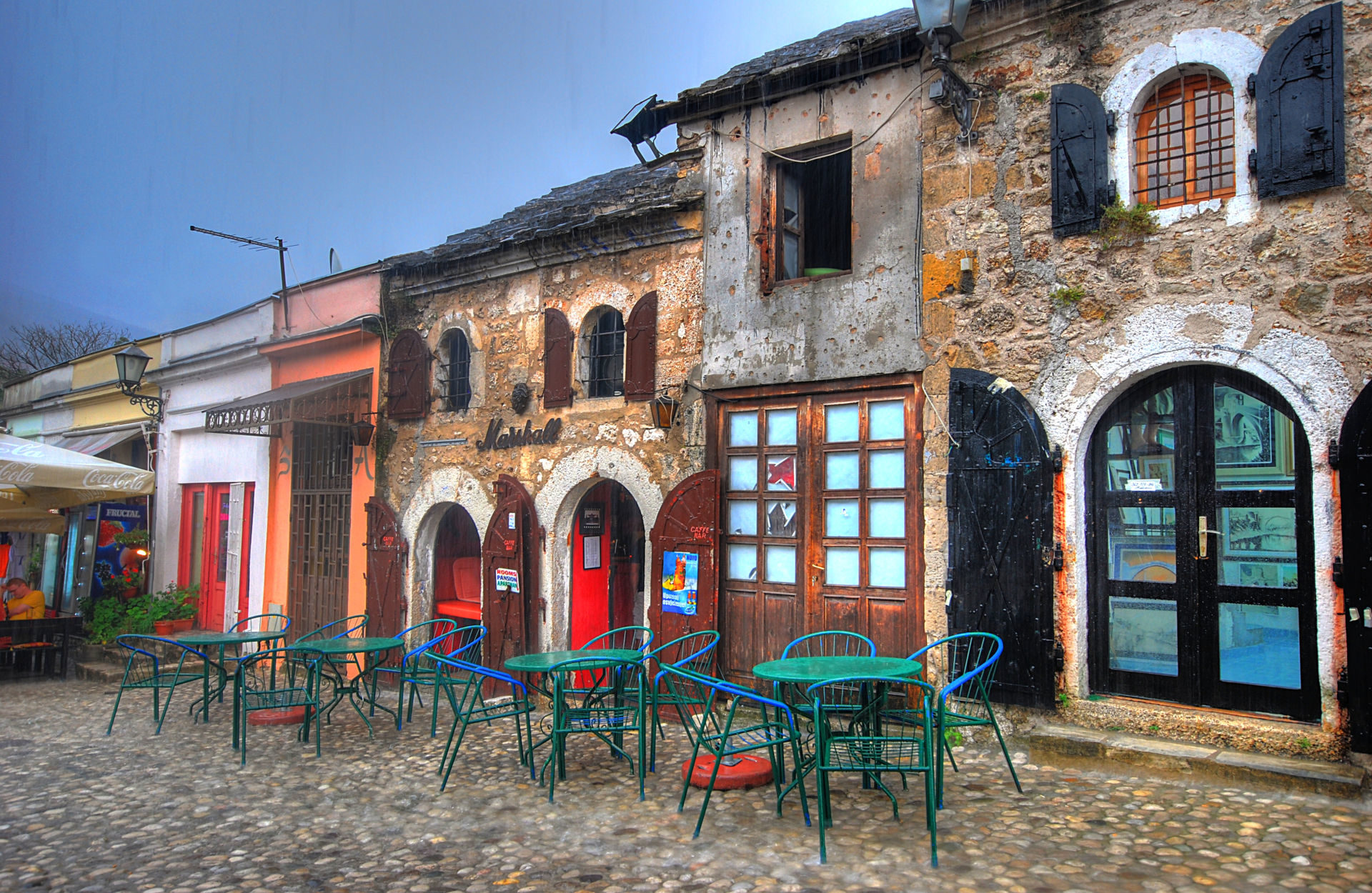After a brief summer hiatus Lacuna returns with new content taking us back to the Balkans.
Earlier this year we brought you two articles from former Yugoslavia: a snapshot of a changing economy from a car manufacturing town in Serbia and an interview with an actor in a significant bilingual production of Romeo and Juliet (the first cultural collaboration between the administrations of Kosovo and Serbia).
This time, we’re in Bosnia, where communities are continuing to process the war 22 years after it ended.
Intensely rich coffee is a point of pride in Bosnia as well as being a lure for good company and conversation.
In Michaelina Jakala’s remembered encounter, Coffee and Conversation in Sarajevo, the conversation inevitably turns to war.
After more than two decades of peace – and countless coffee-fuelled chats between Michaelina and her friend Zlata – gentle recollections of years gone by can still trigger memories that have long laid buried, forming new perceptions of the past. Using her background in peace studies and transitional justice, Michaelina explores Bosnia’s use of child soldiers, an issue she recognises is commonly credited to conflicts in Africa and Asia but rarely related to “the West”.
Our second story Freedom of assembly in Bosnia and Herzegovina: An actual right or still just a demand? investigates how a wave of protests in Bosnia revealed serious challenges facing one of the pillars of democracy.
Sparked by an earthquake in the old mining town of Tuzla, mass protests swept the country in 2014, as disenfranchised citizens cried out for change.
But demonstrators were met with police brutality and terrorism charges, and the movement’s hopes were crushed.
Ena Bavčić is Bosnia’s country representative for NGO Civil Rights Defenders, who completed a study into freedom of assembly in Bosnia. Her co-writer Mitjo Vaulasvirta, of Sarajevo, is writing a doctoral dissertation at the University of Oxford about transitional justice in Bosnia and Herzegovina.
Examining the country’s complex post-war power sharing arrangement, their article highlights a desperate need to reform and harmonise Bosnia’s confusing and restrictive laws.
To get stories like these direct to your inbox subscribe here.
Banner image by Kevin Botto
